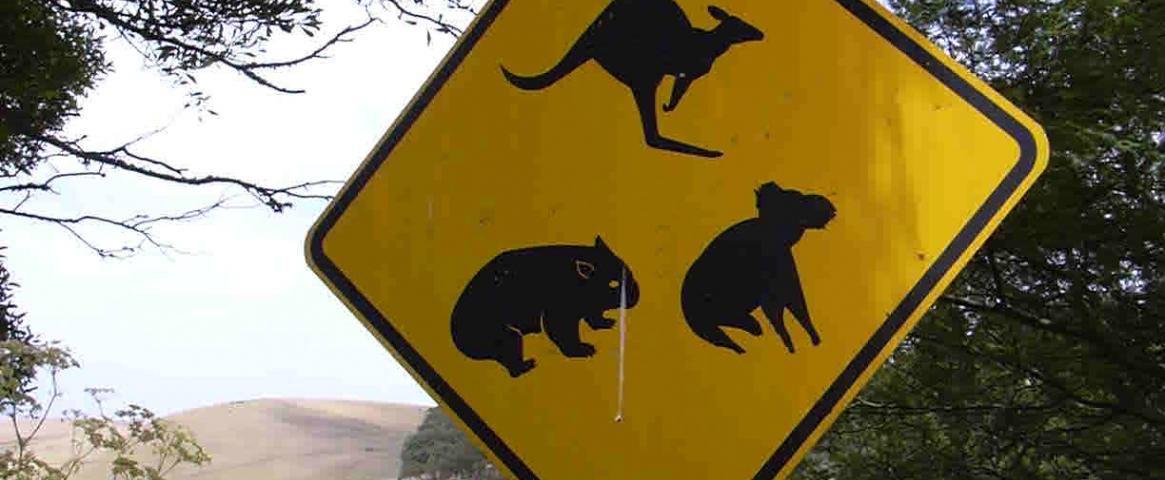By Alison Fromme
First days and first assignments are thrilling, but articles here and there won't sustain anyone for the long haul. How can you turn a handful of scattered assignments into a career with direction?
Jennifer Cutraro freelanced for a few kids' science magazines while working as a PIO, but the path to full-time freelancing still seemed fuzzy. Then a contact alerted her to a long-term opportunity with an educational publisher. "So I left the university position, started working on that project, and began to pick up other clients soon thereafter," she says.
Before freelancing full-time, Hillary Rosner lined up a part-time editing gig at an online magazine for some stability. "But I had a lot of contacts, so I honestly wasn't worried," she says.
Aha. Contacts just might be the key to finding regular work. But what if you don't have any? And how do you make the most of them, without sounding desperate?
"My first real reporting assignment was to write non-bylined items for an environmental news service," says Emily Gertz. "I got it by doing something audacious and out-of-character for myself: I just wrote to the company and said I admired what the service was doing, please be in touch if I can contribute in some way."
I didn't have contacts in publishing. I had just finished a masters in zoology when I started freelancing, so my network — biologists, postdocs, professors — was apparently in the wrong field. But I called them anyway, and I asked: did they know any writers, editors, or publishers who could help me?
Yes. The manager of my graduate lab had gone to college with Kendall Powell. A former professor hooked me up with a textbook publisher. The editor of my alumni magazine assigned me a few stories.
I also overcame nervousness and ventured out to make new connections. I met a few members of SciLance through random meetings at NCSWA networking events in San Francisco, which morphed into semi-regular beer nights at Jupiter in Berkeley. I struck up awkward conversations with strangers at conferences, including one woman from an academic journal who sent me a long-term contract project after nearly a year of occasional email exchanges. The same woman introduced me to Liza Gross, who led me to yet another regular gig with a different publisher. At one writers' event, I clutched my drink at the bar, made painful small talk with one person, and jetted out the door. But that one person? He edited a radiology magazine and sent me work for years.
Nurturing connections got me work, on occasion, yes. But something more important happened along the way. Many of these connections became colleagues and friends, who have helped me nurture my career over the years. And without them, I'd be lost in the wilderness.
This is the fourth installment of our four-part Freelance 101 series.
Alison Fromme is a contributing writer for Mountain Home magazine and the founding editor of Hot Potato Press, a hyperlocal food news website. She's currently working on her first creative nonfiction book. Her writing has appeared in National Geographic, Backpacker, and the New York Times Learning Network.
Photo by Alison Fromme.




